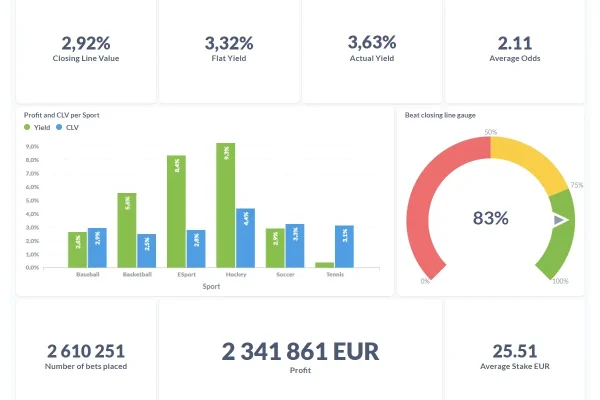Gaming industry generates billions in taxes to local governments every year, which are then used to fund services like police, roads and sewers. Casinos pay additional admission and wagering taxes.
Casinos operate predominantly as cash businesses, prompting federal regulators to closely scrutinize them for signs of money laundering. Therefore, casinos are required to abide by the Bank Secrecy Act (BSA).
Legality
Legal casinos generate significant tax revenue for governments, while increasing employment in local communities. Their positive effect may be limited in rural areas with lower unemployment rates; it remains uncertain if additional jobs created by casinos will offset sales tax revenue losses from local businesses that provide services to them.
This study explores how individual- and system-frame perspectives are reflected in gambling laws worldwide. It finds that changes aimed at reducing gambling harms may have an impactful result for gambling participation through changes to physical and social availability or mechanisms predicted by models of total consumption; additionally it shows how growing awareness of harm from gambling may not always translate to policy change, particularly where jurisdictions newly legalizing gambling are concerned. This research was funded by grants from Wellcome Trust Humanities and Social Sciences Fellowship for HW, Academy of Finland grants (project 349589: Commercial Determinants of Harm in Digital Gambling), Wellcome Trust Humanities and Social Sciences Fellowship for HW as well as grants (project 349589: Commercial Determinants of Harm in Digital Gambling) grants to VM and JN respectively.
Taxes
Taxes generated from gambling make up an important portion of its revenues, which are collected by state governments to fund state programs and services as well as funding gambling-related research, treatment, education and prevention. Furthermore, gambling taxes help balance budgets without raising other state taxes.
Casino advocates frequently cite a decrease in local unemployment rates following a casino opening as proof that casinos promote employment growth in that area. But it’s essential to compare this change with changes across all of Texas at that same time – if both rates decline simultaneously then any increase may simply reflect natural business cycle fluctuations rather than casino opening.
Casinos often include restaurants, shops and hotels which are subject to local sales taxes; their revenue generation depends on whether consumers patronize these new casinos instead of legal gambling alternatives or non-gambling goods and services.
Regulations
Regulatory changes can have a dramatic effect on gambling participation. This study investigates two regulatory market changes that had such an effect: restricting accessibility when slot machines were banned in Norway in 2006, and the introduction of regulated online interactive games in 2014. One unique aspect of this research is using 14 years (2005-2018) worth of trend data from general population survey to analyze predictions of gambling behavior from general population survey conducted every June and December to avoid seasonal effects and effectively control for other variables.
The results demonstrate a correlation between changes in accessibility and changes in gambling participation. More specifically, changes can reduce problem gambling related to specific games while also having an effect on its overall prevalence as predicted by total consumption modeling. Furthermore, all authors declare no commercial or financial relationships that might create any potential conflicts of interest between themselves and any potential clients of their services.
Security
Casinos are prime targets for crime due to the large sums of money flowing through them. To protect both their guests and assets, casinos implement robust security measures including secure cash counting rooms, segregation of duties separation policies, and surveillance systems that monitor key areas – these steps help deter criminal activity while also helping avoid internal thefts from occurring.
Casinos must comply with anti-money laundering (AML) and counterterrorist financing regulations, which requires them to train staff on AML best practices and implement KYC protocols with strict rules and protocols in place. They should also assess their vulnerabilities for AML risks and take active steps towards mitigating these.
Casinos also face cyber security threats from cyber criminals, including DDoS attacks. To safeguard themselves against these risks, casinos must employ strong encryption and multi-factor authentication measures, device fingerprinting technologies that gather player information such as their unique device characteristics and software settings; device fingerprinting technology helps casinos identify potential fraudsters so they can block access to their platforms; as well as strong encryption measures and multi-factor authentication measures to combat them.












